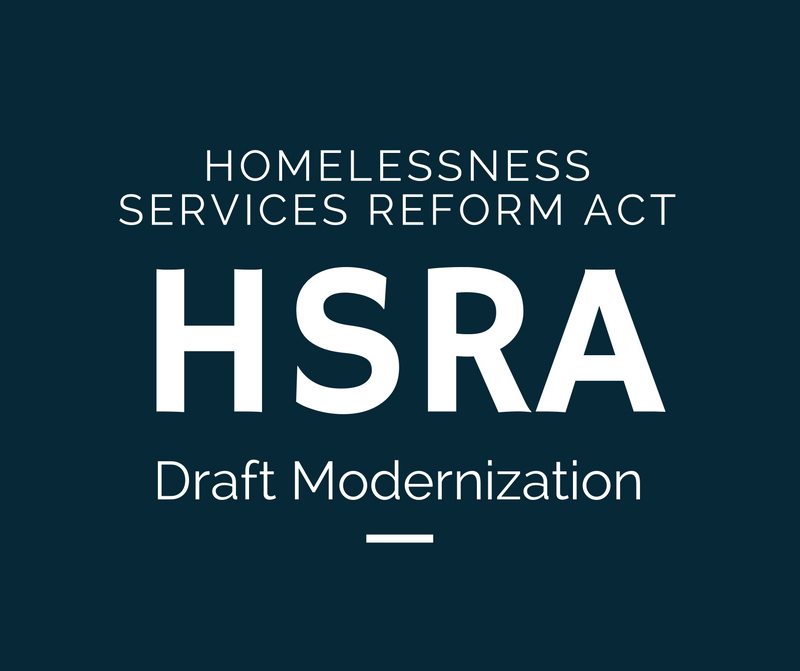Eighteen public and private members of the D.C. community met at N Street Village on July 7 to assess the District’s Homeless Services Reform Act (HSRA). A footnote printed in the city’s five-year plan to end homelessness—adopted in 2015—acknowledged that this decade-old law will need to be updated to support a transition from the old “low-barrier shelter” model to the new “emergency shelter” model called for in the plan. HSRA created the Interagency Council on Homelessness (ICH) and requires that the group prepare and publish a plan to end homelessness every five years.

Attendees at the July 7 meeting were encouraged to report information back to their respective groups, review the current legislation and reconvene with new ideas. Representatives from the homeless community, the Department of Human Services (DHS), ICH, Washington Legal Clinic for the Homeless, D.C. Fiscal Policy Institute, So Others Might Eat and The Community Partnership for the Prevention of Homelessness were in attendance. The meeting was sponsored by the Coalition for Homeless and Housing Organizations and organized with the assistance of ICH and DHS staff.
Four public feedback meetings have been outlined by the ICH to ultimately produce practical revisions that can be brought to D.C. Council for consideration in the fall. The dates of these meetings are tentatively July 21, July 26, August 11 and August 25. Details and times to be posted online at http://ich.dc.gov/events.
The full HSRA text has also been made available for public comment online through Friday, July 22, at http://drafts.dc.gov.
Conversation at the initial meeting included topics such as the ratio of case workers to clients, conditions in shelters, what exactly homeless people are entitled to under HSRA and when they are entitled to those resources and services.
As it currently stands, Subchapter 5 of HSRA dictates that the only time homeless people are technically entitled to any of these services is during “severe weather conditions,” which are strictly defined as hyperthermia and hypothermia conditions under 4-754.11(5). Hypothermia conditions include temperatures that are below 32 degrees Fahrenheit.
This somewhat narrow definition can leave people outside and unassisted when there is still snow on the ground, according to members from the homeless community present at the meeting. This divergence between what is needed and what is provided, particularly in times of severe weather, is ongoing. According to the five-year plan, “an effective emergency response system must respond to families when they are in crisis, not just when the weather meets certain criteria.”
However, activists at the forum stressed that funding has been, and will continue to be, one of the main constraints limiting the capabilities of such legislation. “We have a lot of need and a limited pot of funding.” stated Emily Richard, a lawyer with DHS.
The next public meeting will take place at 1:30 p.m. on July 21 at N Street Village, 1333 N St NW.
UPDATE via ICH: Please note that, for users having difficulty with the drafts.dc.gov website, comments may be submitted to the ICH via email at [email protected]. When sending comments via email, please include your name, organizational affiliation (if any), and a citation to the applicable section of the law for each comment.




